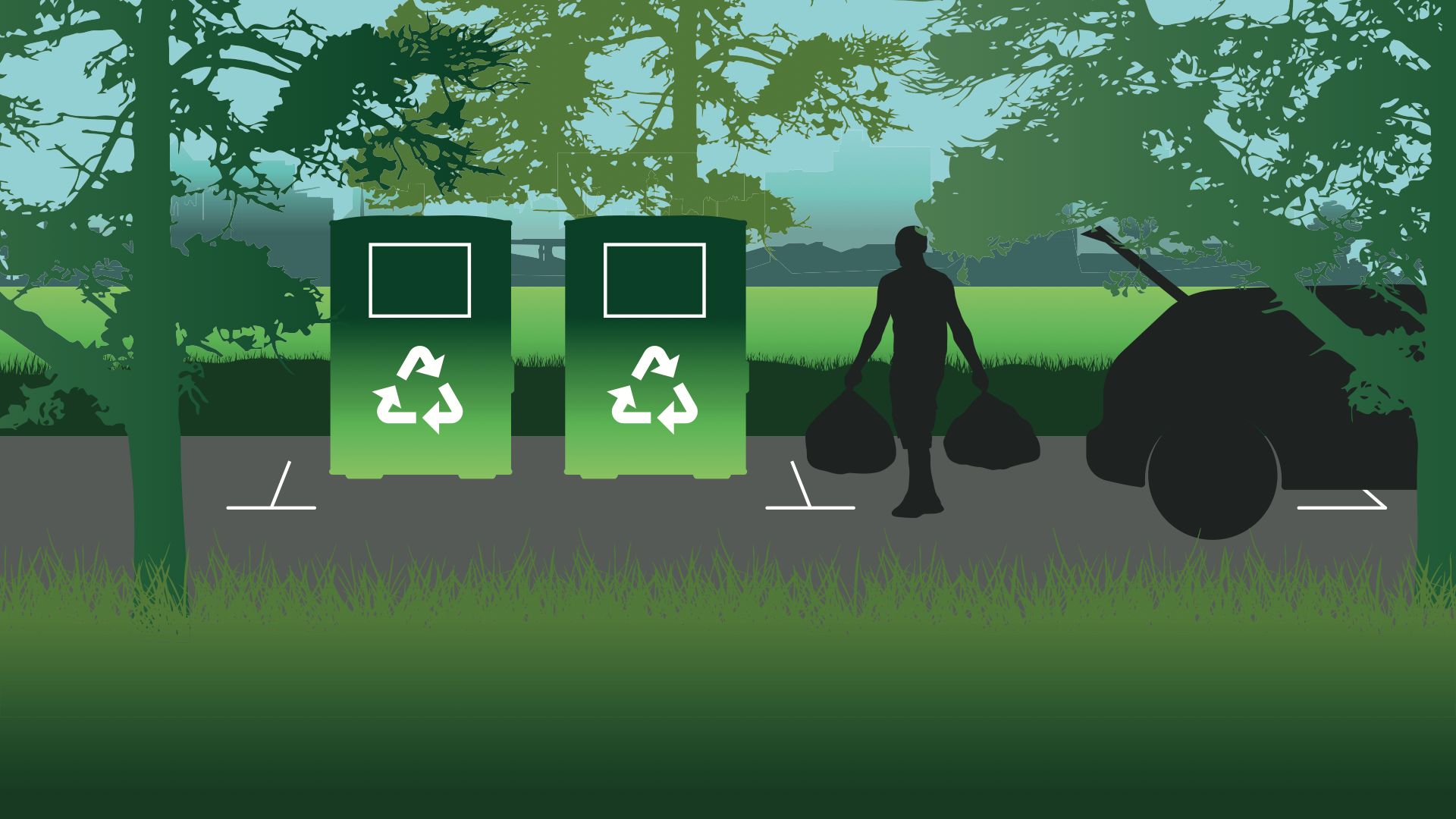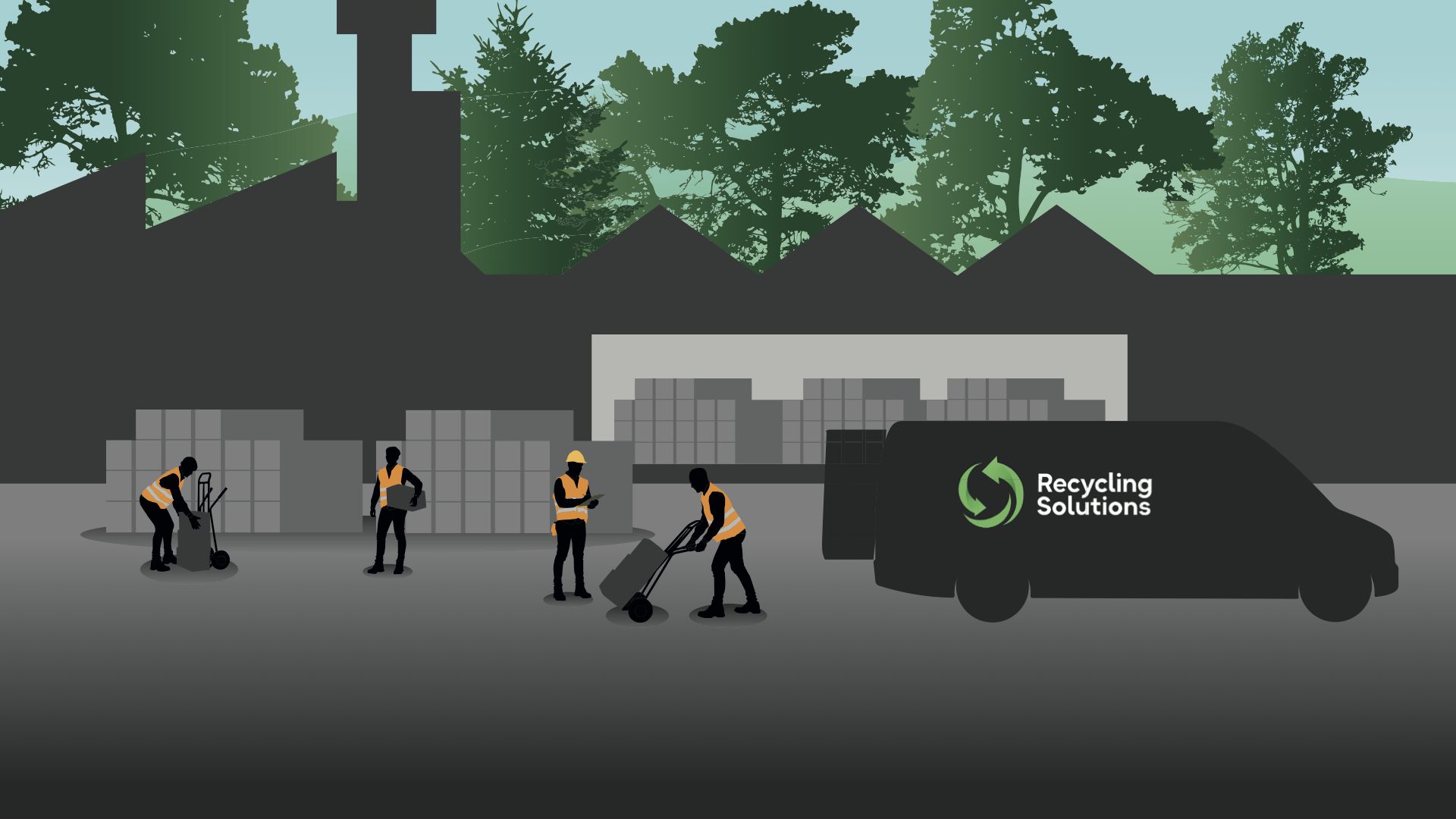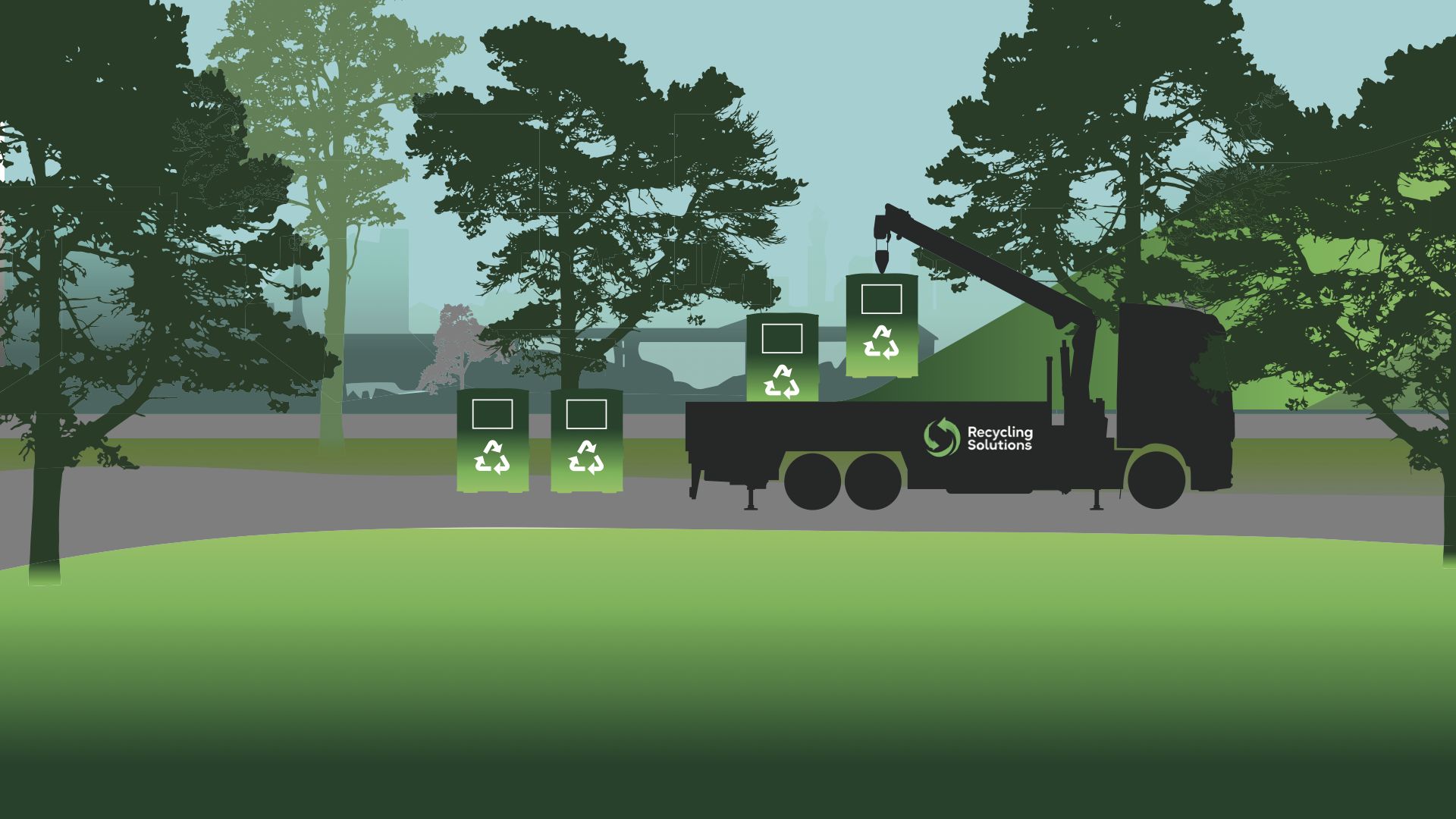Approximately 3% of household waste is made up of textiles, and it is estimated that more than 1 million tonnes of textiles are sent to landfill each year. Textile recycling helps protect the environment by reducing waste at landfill sites, and providing an affordable clothing supply to communities worldwide.
Our recycling schemes raise thousands of pounds for our charity partners from clothing and shoe donations made by the general public each month. This works for our largely local charities because we provide the expertise and infrastructure which enables them to receive a regular and sustainable income stream from a recycling scheme which may otherwise be inaccessible to them. All the funds raised enable our charities to continue their life changing work.
Each charity has a legally compliant contract with us which sets out the charity partners requirements for our agreement. When our clothing banks are emptied the stock collected is weighed at our delivery hubs and then processed for onward selling. Each of our charities receives a minimum of £200 per tonne of clothing and shoes collected and sold. This amount fluctuates and will be more when the selling price of our stock is higher.
How to make a donation
If you would like to make a donation please contact us or check our website to find your nearest clothing bank. We have banks located throughout England situated at supermarkets, car parks and household waste sites.
To keep your donation dry and protected we'd really appreciate if you could place it into any type of bag such as a carrier bag or bin liner.

Where does the stock go?
Most of the clothing which is collected by us is processed and sold abroad. This is because, simply the amount of people who wish to buy second hand clothing in the UK is smaller than the quantities of clothing we produce. We are an ethical company and will only sell stock to onward markets where free and fair trade is available.
Good quality items which can be reused are sold to second-hand clothing traders in the UK and worldwide. 'End of life' garments are recycled into industrial wipers and cloths, mattress filling, insulation and new fibres.

Textile Recycling
Textile recycling helps save the environment by reducing waste at landfill sites, and provides an affordable clothing supply to communities worldwide. Approximately 3% of household waste is made up of textiles, and it is estimated that more than 1million tonnes of textiles are send to landfill each year. Good quality items which can be reused are sold to second-hand clothing traders in the UK and worldwide. 'End of life' garments are recycled into industrial wipers and cloths, mattress filling, insulation and new fibres.

Book Recycling
As well as textiles we also recycle books. We try to ensure books in a saleable condition are re-sold to market traders, book shop owners and online book sellers before sending any surplus books for pulping and further recycling. Please contact us to discuss your requirements if you are interested in buying books from us.

Host a clothing bank
If you have space on your land and would like to help by hosting a bank we'd love to hear from you.

Find a clothing bank
To make a clothing donation please use our clothing bank locator.

Environmental Policy
Our policy is to:
- Not only comply with but exceed the requirements of current environmental legislation and codes of practice.
- Lead by example and minimise our own waste and reuse or recycle as much of it as possible.
- Reduce the amount of waste entering the waste stream.
- Minimise energy and water usage in our building, vehicles and processes in order to conserve supplies, and minimise our consumption of natural resources, especially where they are non-renewable.
- As far as possible reduce emissions of CO2 and other greenhouse gases from our buildings, operations and activities.
- Operate and maintain company vehicles (where appropriate) with due regard to environmental issues as far as reasonably practival and encourage the use of alternative means of transport and car sharing as appropriate for members of staff.
- Apply the principles of continuous improvement in respect of air, water, noise and light pollution from our premises and reduce any impacts from our operations on the environment and local community.
- As far as possible purchase products and services that do the least damage to the environment and encourage others to do the same.
- Assess the environmental impact of any new processes or products we intend to introduce in advance.
- Encourage and support our staff and customers to undertake local environmental projects.